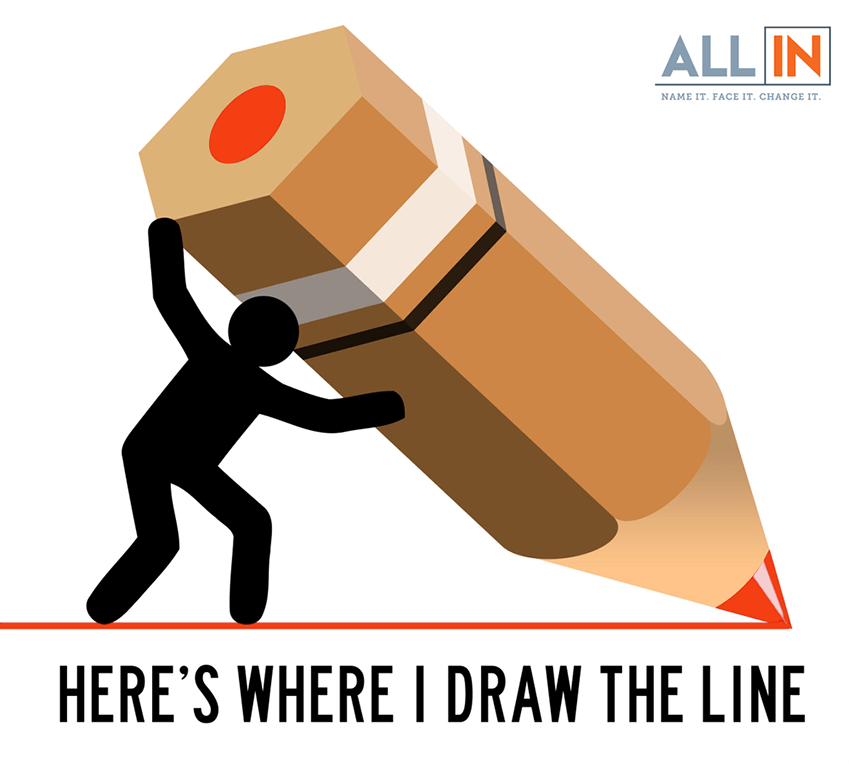Everyone’s personal boundaries are different. What is healthy for one person might be unhealthy for someone else, and vice versa.
In general, though, people who have set healthy boundaries for themselves share the following characteristics. They:
- Value their own opinions and beliefs
- Don’t compromise their values for others
- Share personal information in appropriate ways (no over or under-sharing)
- Know personal wants and needs, and can communicate them clearly
- Accept when others say “no” and reinforce their own boundaries
On the flip side, if someone has unhealthy boundaries or no boundaries at all, this may be a sign that they don’t have a strong sense of personal identity. According to licensed marriage and family therapist Tracey Cleantis, they may also be codependent or enmeshed with someone else. This can lead to relationship problems including frequent conflict.
Enmeshment vs Codependency
Enmeshment describes a relationship between at least two people in which their personal boundaries are unclear and permeable (sometimes they can be passed through and sometimes they cannot).
An example of this is financial enmeshment. The Journal of Financial Therapy explains this as a situation in which parents involve their children in financial matters that they cognitively and emotionally are not ready to handle.
Codependency, on the other hand, describes an intense reliance on another person. In a codependent relationship, the other feels worthless unless they’re needed by the other. As a result, they will fail to set or hold boundaries to try and maintain their relationship with that individual.
